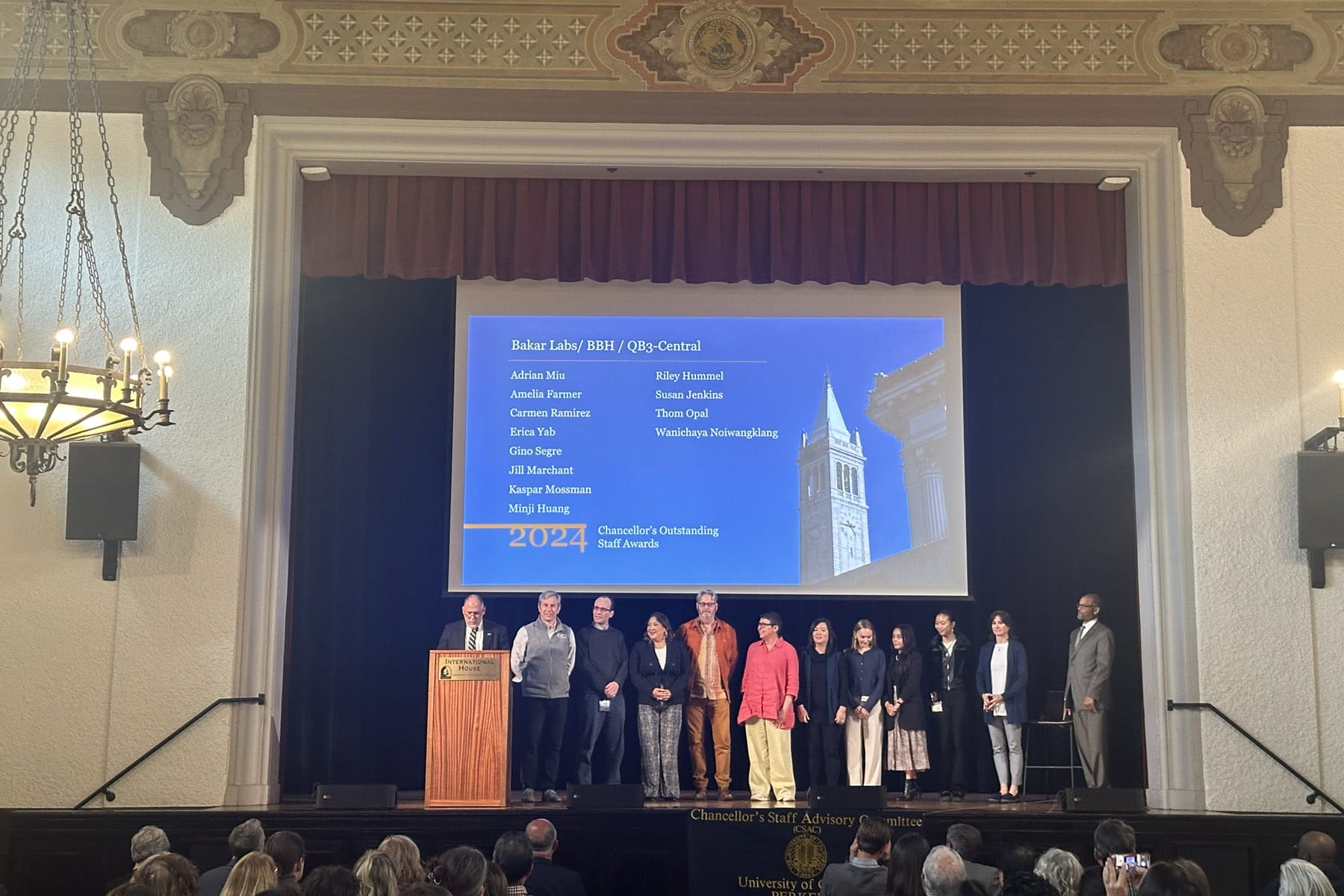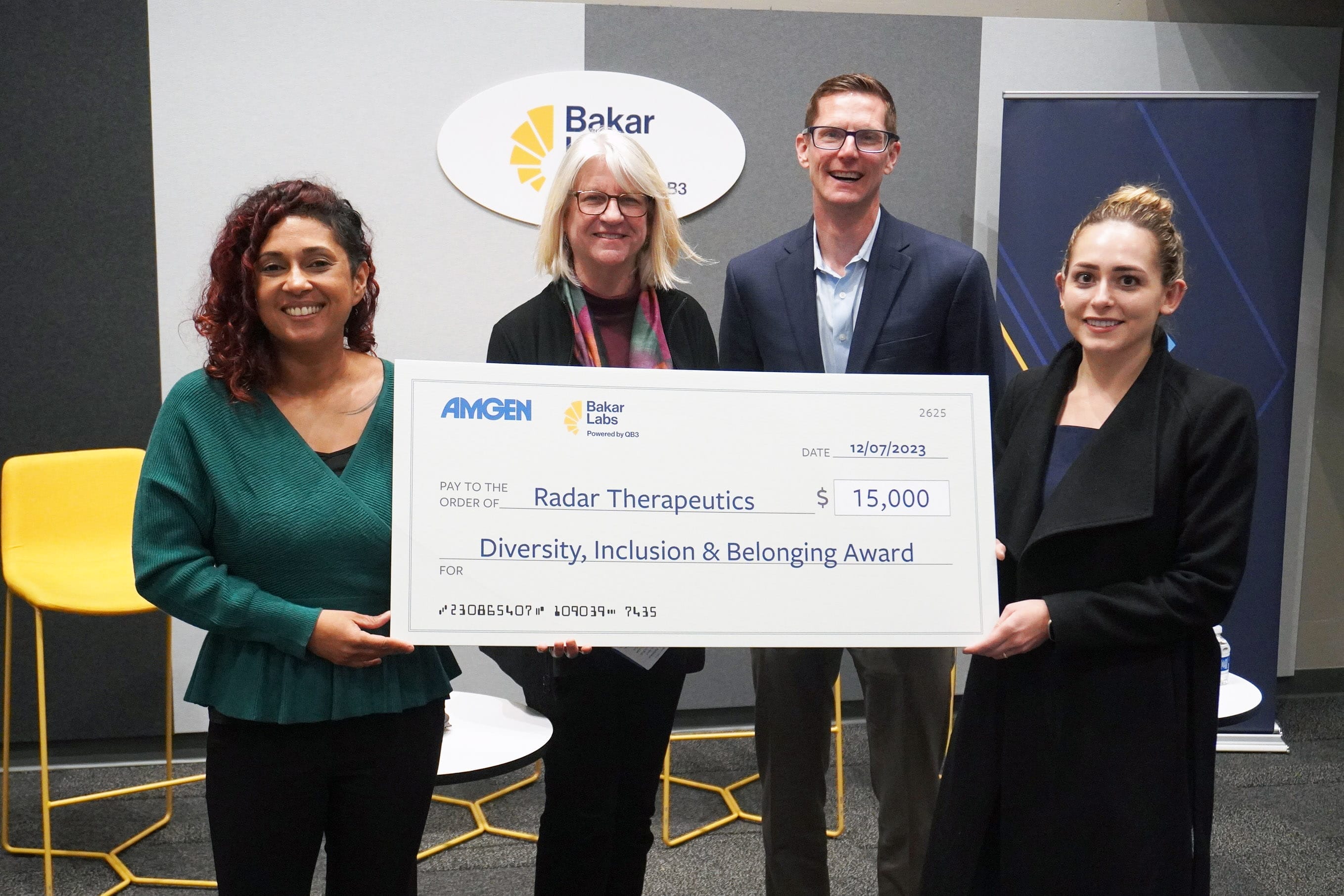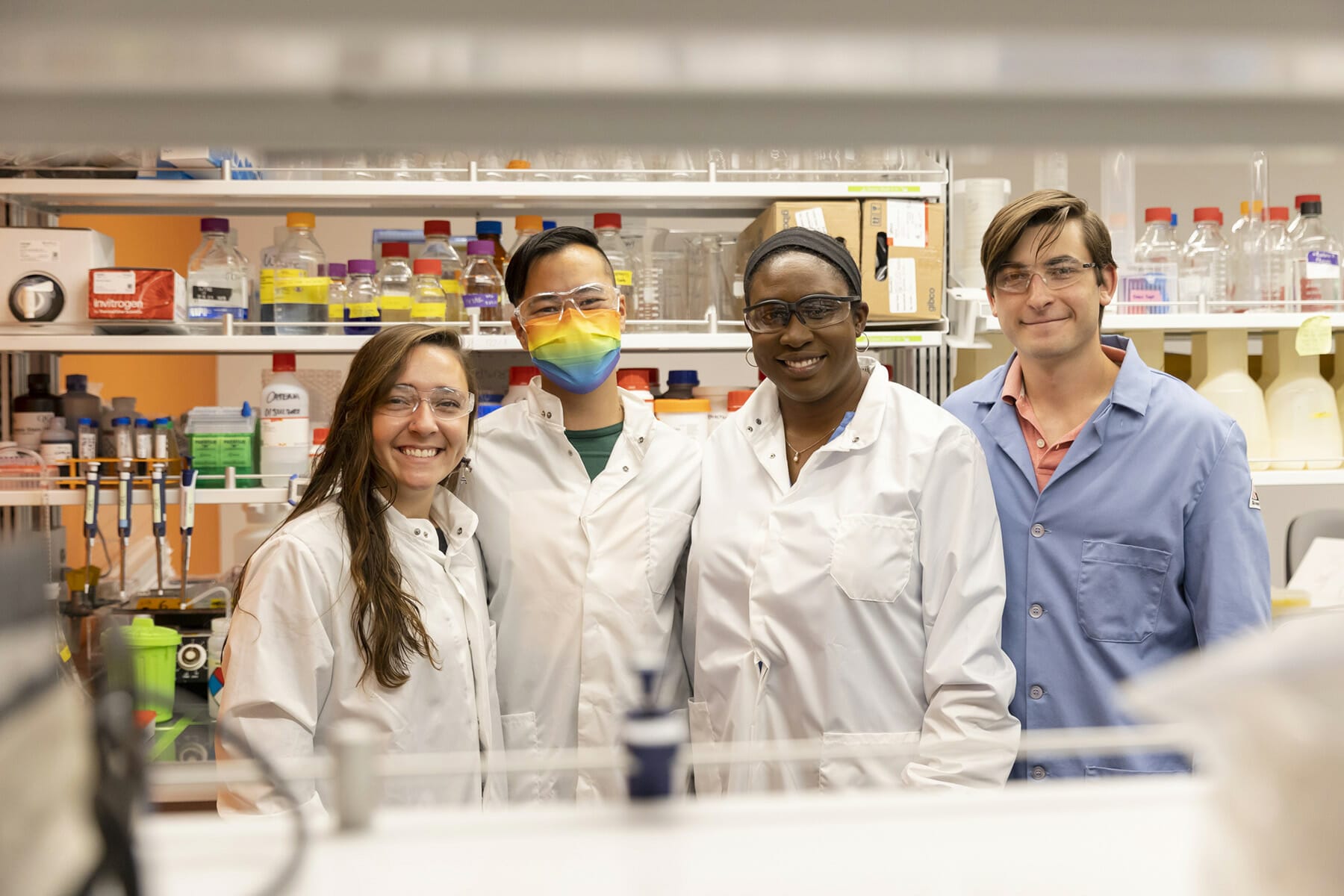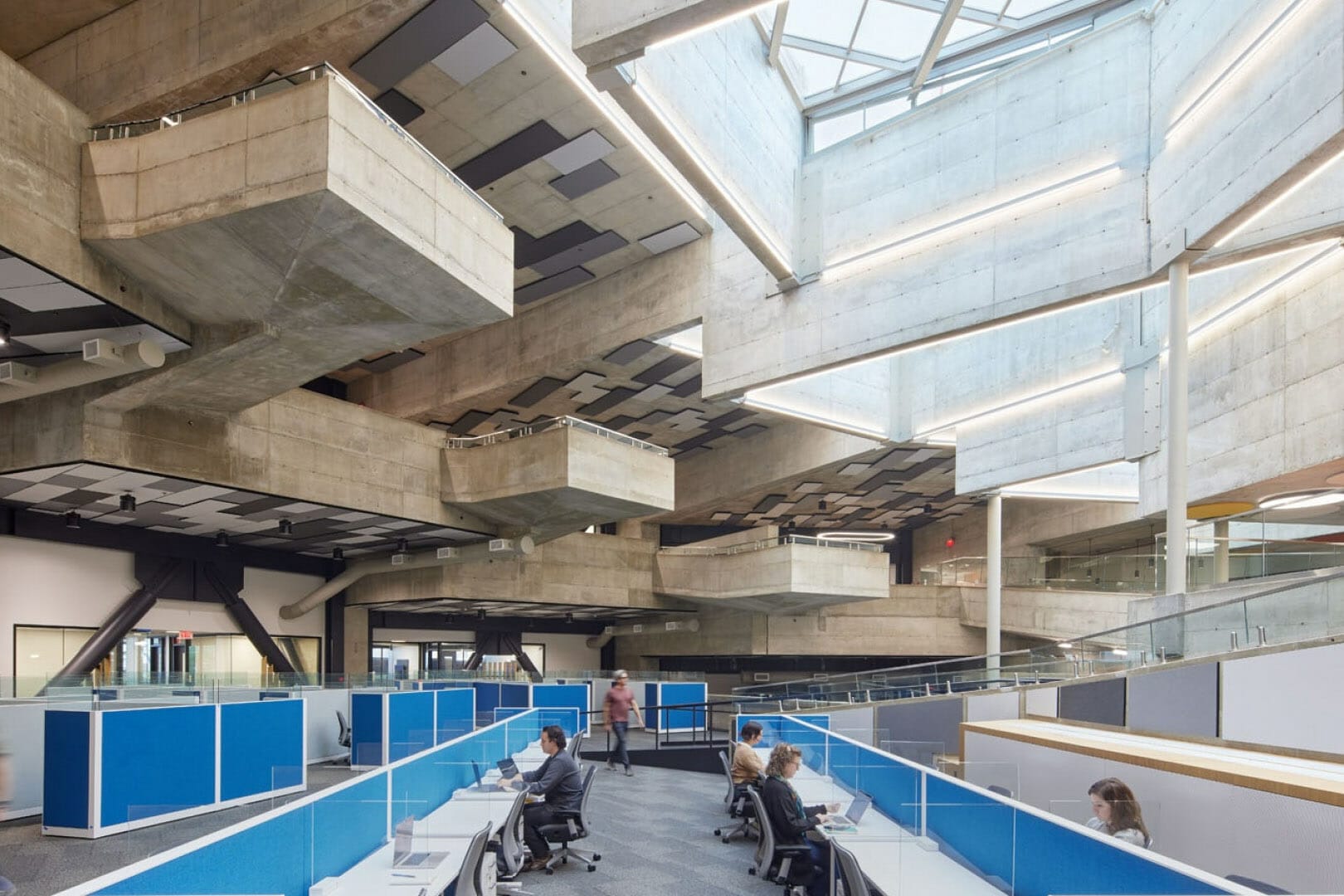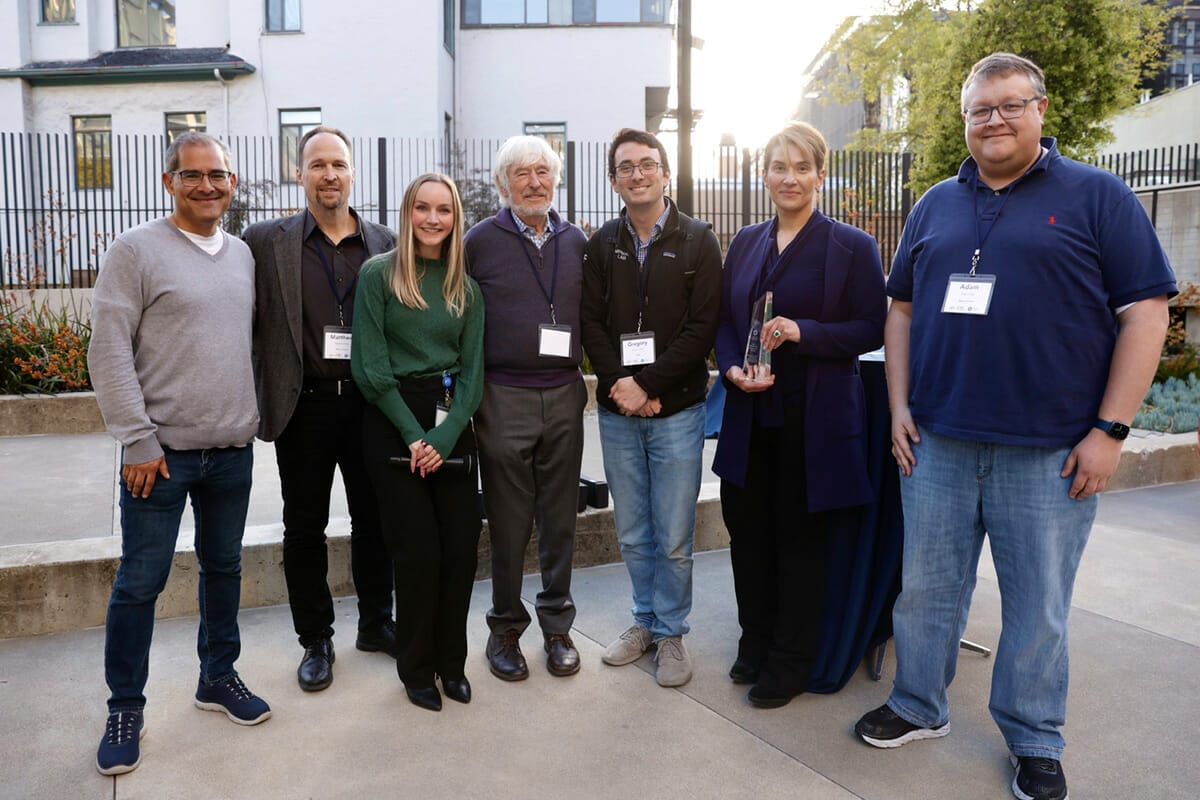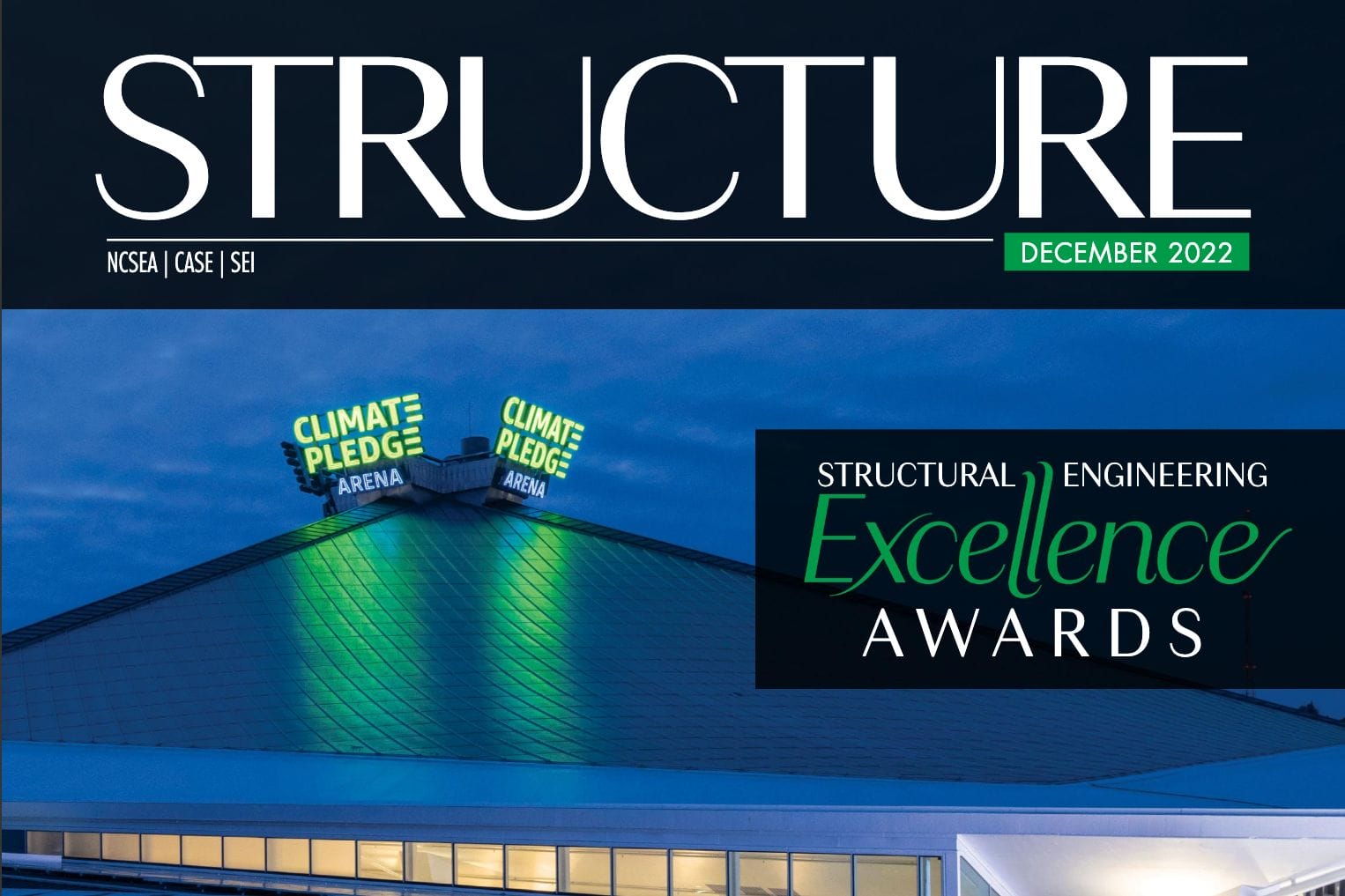‘Innovation Zone’ Is Coming to Downtown Berkeley
Featuring Bakar Labs managing director Gino Segrè. Full story by Hannah Kanik at the San Francisco Business Times.
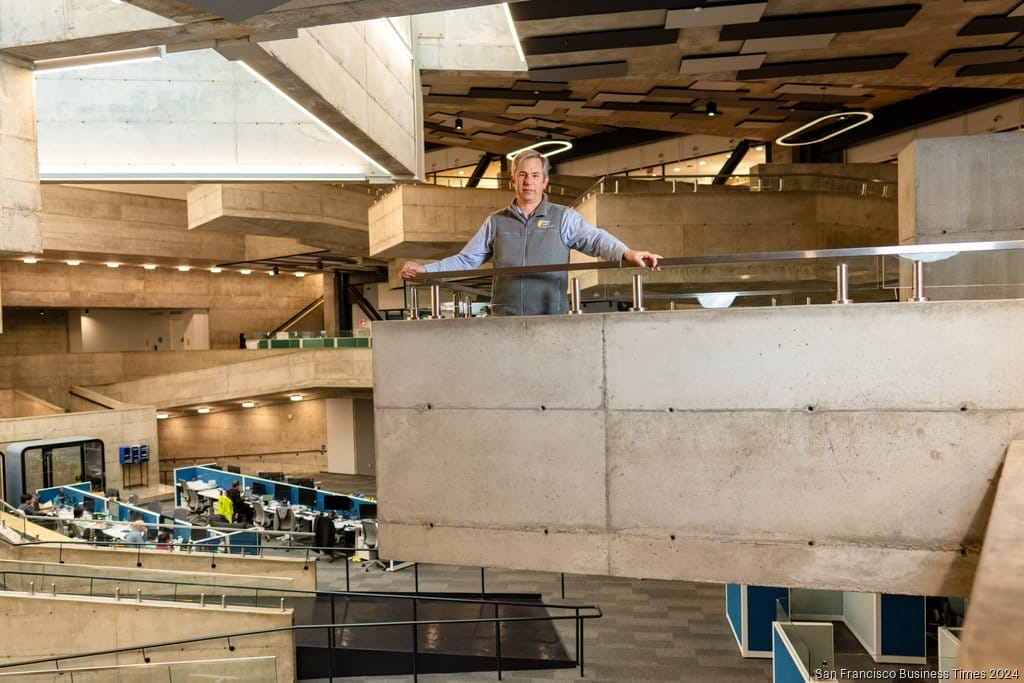
The University of California, Berkeley, quietly unveiled plans to build what it calls an “Innovation Zone” in downtown Berkeley last October, but kept details of what would go inside the two-building development on a city block west of campus under wraps.
Now, officials have revealed those buildings, totaling a combined 486,000 square feet, will likely have dedicated spaces for climate research and genome engineering, as well as some startup incubation, and is meant to deepen the university’s foothold on innovation and entrepreneurship and turn research discoveries into real businesses.
How much the project will cost and where funding will come from are still to be decided, but a source familiar with the project said it’s likely to be a public-private partnership.
Building the Innovation Zone calls for tearing down multiple UC-owned buildings between University Avenue, Oxford Street and Addison Street to make way for two lab buildings, called the North Building and South Building.
The university is preparing an environmental impact report, and since the properties are owned by the university, it does not need to seek approval from the city. Construction could start as soon as this year.
The North Building, a 310,000-square-foot, eight-story structure, is planned to be partially leased to a private developer and be home to UC Berkeley’s Innovative Genomics Institute, headed by Jennifer Doudna, a winner of the 2020 Nobel Prize for her pioneering work on CRISPR technology. The building could also house other organizations like government entities and private companies, according to a memo from the UC Regents, the body which governs all UC schools in the state.
The South Building, a 176,000-square-foot, five-story structure, would bring wet and dry lab space with a focus on accelerating cutting-edge discovery and innovation in climate research.
“It’s going to connect to our science very, very deeply in several key areas for society,” said Rich Lyons, UC Berkeley’s chief innovation officer. “There’s tremendous momentum, this momentum predated this project.”
Lyons said some of the leaders at the university’s Bakar Labs, an incubator for early-stage biotech startups, like Director Dave Schaffer, have been playing a “fundamental role” in designing the Innovation Zone.
Bakar Labs opened just two years ago and has already brought in more than 35 startups, raising a combined $350 million in funding. Five of those companies have graduated out of Bakar and into life science buildings across the Bay Area.
Glyphic, which focuses on protein sequencing technologies, got its start at Bakar and last year announced it will move to a 31,000 square-foot space at 3100 San Pablo Ave, known as Foundry31, in West Berkeley. Another Bakar alum, Arcadia Biosciences, moved into 22,000 square-feet at Foundry31 in 2021.
“You can see the ecosystem here is just flourishing and becoming … even bigger and bigger, [or] as I say, a flywheel for innovation and startups,” Gino Segre, managing director of Bakar Labs, told the Business Times. “The campus itself is dedicating more real estate and more of its attention to creating these kinds of programs over time – and it’s going to be more interdisciplinary too.”
Segre said Bakar Labs could have a partnership with the new addition to campus, though specifics are not yet known.
“I’m sure you’re going to see flow potentially back and forth as that space develops,” Segre said. “It’s designed to be an incubator-type model, but also space for larger companies, so there is space for them to graduate over time. You can almost imagine if it’s a five story building, maybe you literally start at the ground floor, and as you grow, you grow up and you grow into larger spaces where maybe you take up a whole floor.”
Read the full story by Hannah Kanik at the San Francisco Business Times.
